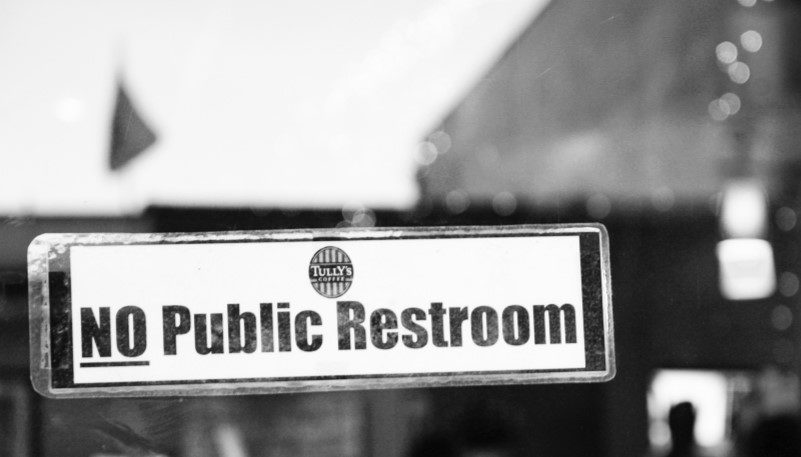When I was on my way to my fellowship, I saw a convenience store sign that stated “No PUBLIC restroom!” right on the front entrance. As I looked at the sign, I thought about the public’s role in society and how limited this role is. Denying the public access to services is just as simple as ignoring the Declaration of Independence.
Organizations and federal agencies do not involve the public as much as they should when it comes to the decision-making process or early-planning phases. The public’s opinion holds society together because the government is created to serve them.
Federal transit agencies such as the Federal Transit Administration (FTA) attempt to involve the public, regardless of age, income, race or literacy capability, in their decision-making processes. The public makes better choices for others, because we put ourselves in others’ positions, assuming the role they play. The FTA’s Office of Planning and Environment ensures that the public is involved in the decision-making processes on livability, sustainability and transit. Transit decisions are especially important for the public to be involved in because transit affects environmental and livability issues among the public.
Consider the following scenario: there is a public meeting to discuss the livability of a community, but there is a person who was not informed or able to get word of it because he/she has a low literacy level, a status that can also cause low income and inability to afford housing. The meeting begins at 8 p.m. and the bus stop is approximately five blocks away.
Due to their inability of the poor to make the meeting because of transit issues and self-literacy problems, the government has failed to involve all the public. The government is not recognizing those who may not have the necessities to get there or even be able to understand the purpose, and yet be the government takes pride in the public’s opinion and involvement.
What is a government if the people are not involved? Frankly, I do not think you want the answer, but you get the picture. How do we have a federal government that is democratic with the lack of public involvement? The key word here is “involvement,” a word that some federal agencies have forgotten because they do not see the public.
They want to make choices for them. In my opinion, we tend to fall back and let our decisions be made for us. We should not do this. You may think that transportation does not affect you, but it does. Transportation affects your ability to get to work, to obtain affordable housing and your kids’ safety.
Let us take a step back for a second. We are individuals, and as individuals, our voices—all our voices—are separate. Therefore, we all need to be involved in the decision-making process.
For approximately six months, construction has been going on outside my house. As a citizen of the community, I was not informed that construction would be happening in front of my home. I was not aware of any meetings or pre-planning phases. However, the government and federal transit agencies say they want the public involved. It may be my fault for not hearing about these meetings, but then again, why blame the citizen when it should have been the transit agency’s responsibility to inform the public about its renovations? I do not know how this construction benefits me.
However, it is affecting my accessibility to transportation. On my way to school one morning, I stood at the bus stop and saw an orange paper stating that the bus stop was discontinued two blocks down. “Inconvenient” was the only word I could think of. The sign had the audacity to add that it would be discontinued for 10 months. Not only is it affecting me as a Metro rider, but it also affects others who ride the bus.
And you ask, “Where is the public in this?” Ask the convenience store that stated, “No PUBLIC restroom!” I’m pretty sure it has a better answer than the transit agencies. Where is the public in this society?
Tate is a student at Cesar Chavez PCHS.




